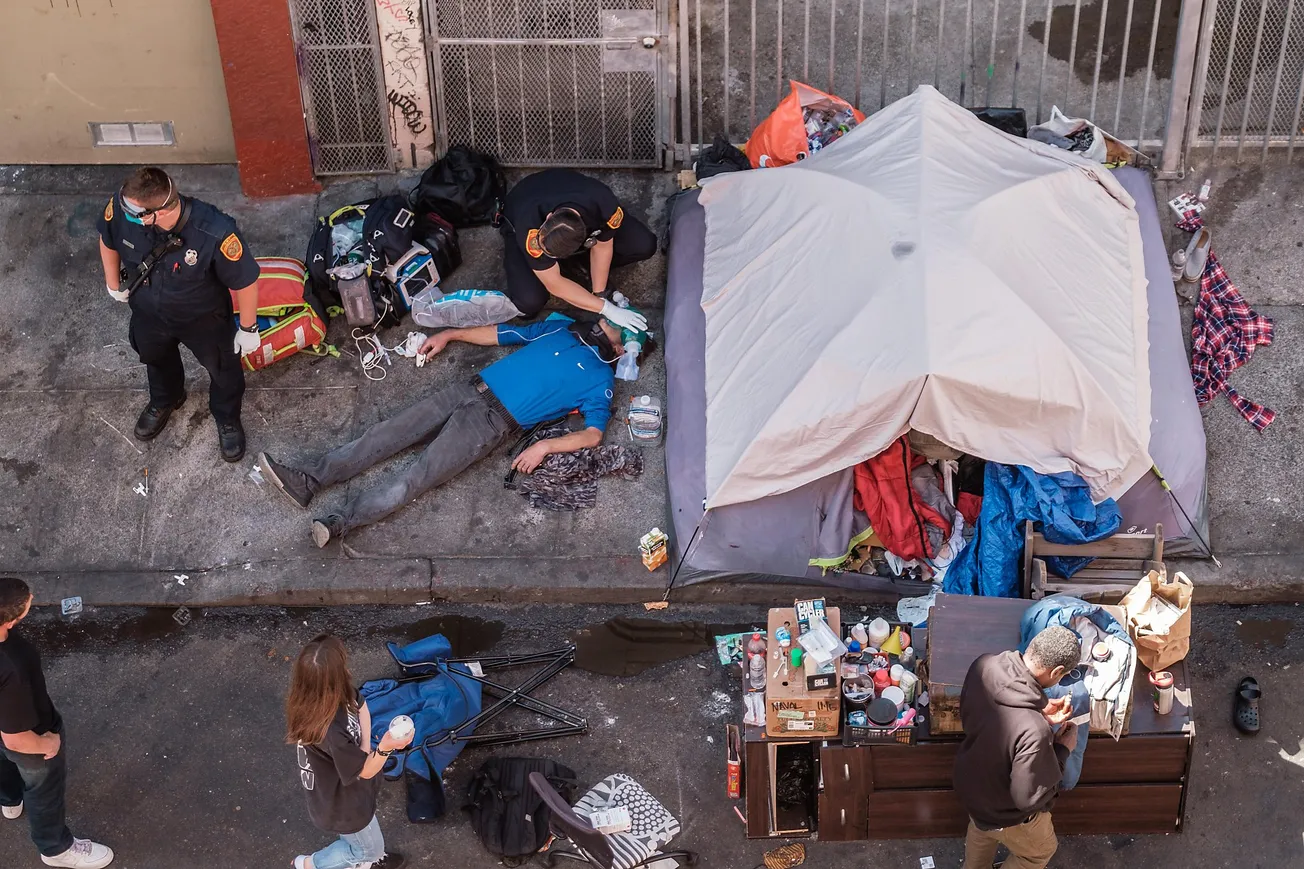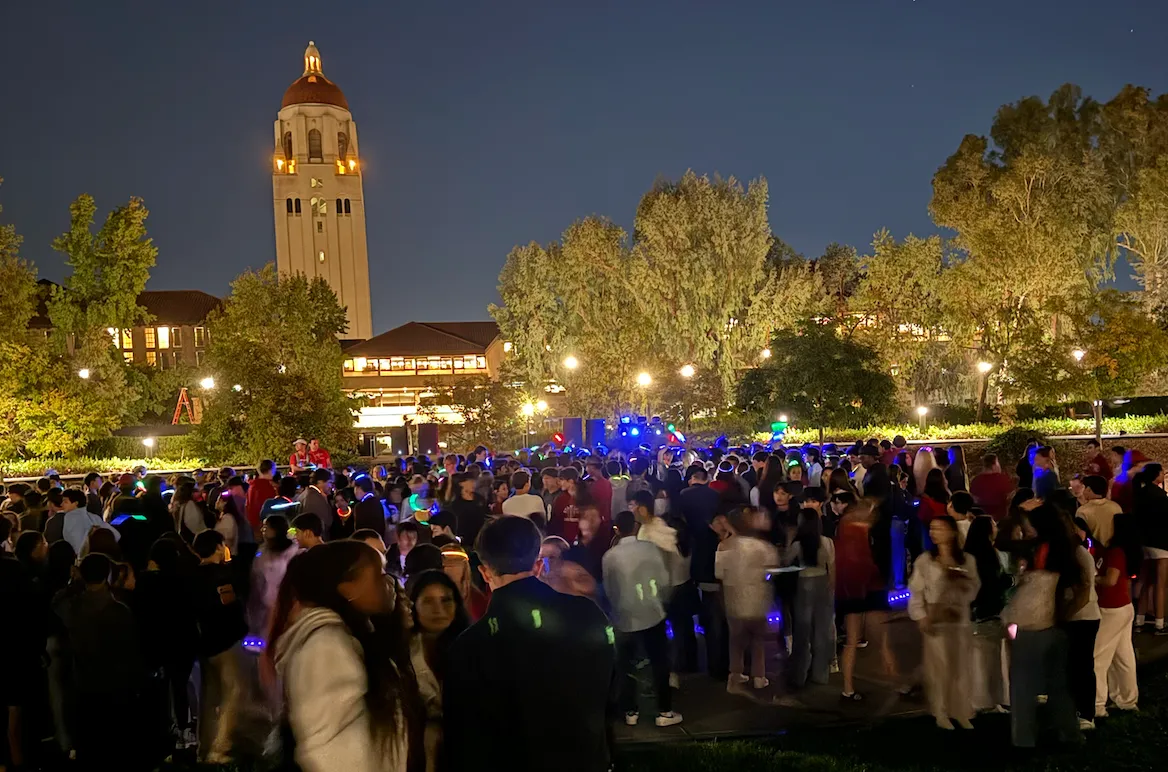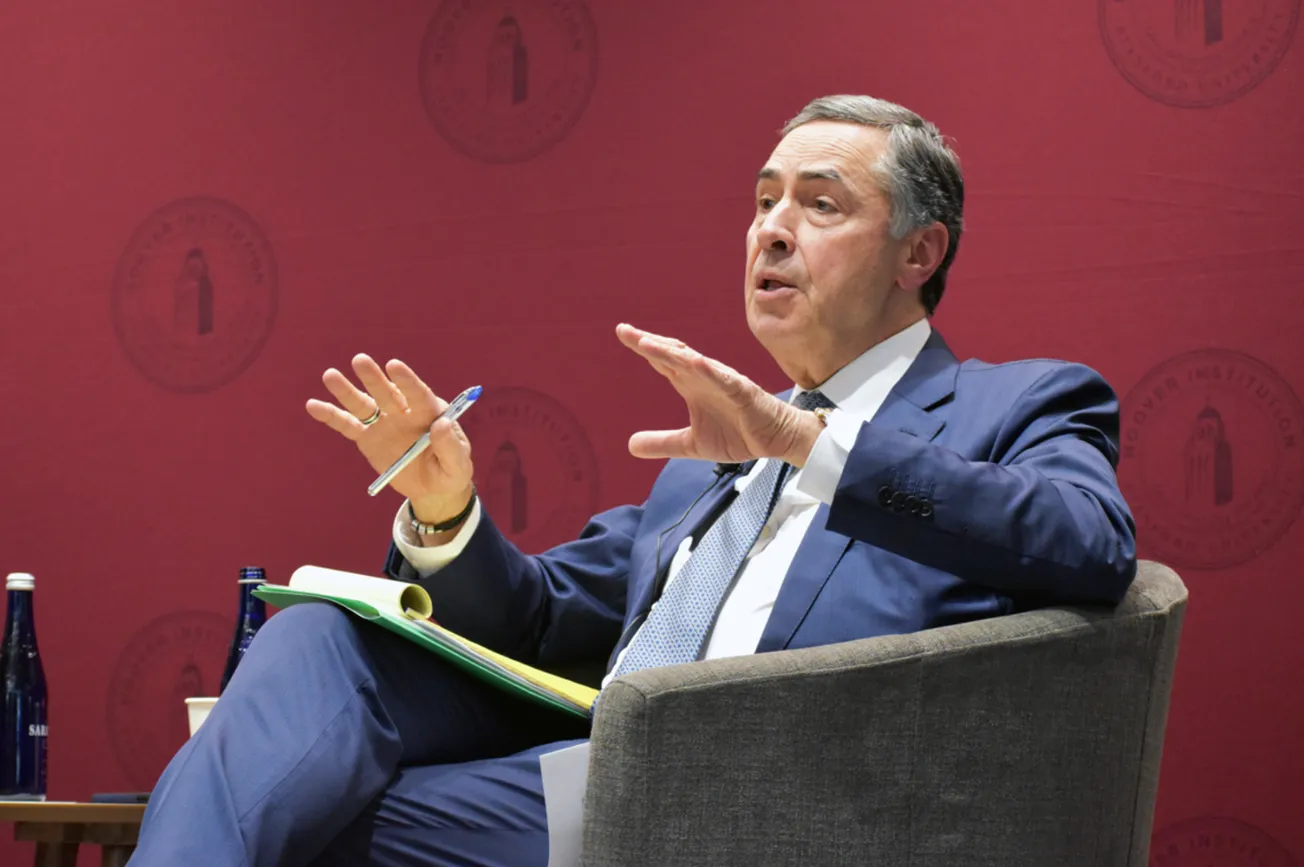Table of Contents
In 1949, the legendary musician Hank Williams Sr. sang the words:
He was some mother’s darling, he was some mother’s son
Once he was fair and once he was young
And some mother rocked him, her darling to sleep
But they left him to die like a tramp on the street.
Tragically, Williams would pass away less than 4 years later at age 29 from complications of his own addiction. Addicts in the tent encampments of San Francisco, also once “fair and young,” have been allowed to die on the streets from their addictions. In 2020, the city had twice as many drug overdose deaths as COVID deaths.
Voters in the liberal cities of Austin, TX and Denver, CO recently voted to ban tent camping on city streets. In Austin, voters resoundingly reinstated the ban on public camping that the city council had repealed just years earlier. It is once again illegal for people to camp in any area not specifically designated by the Parks and Recreation Department.
In 2016, San Francisco voters passed Proposition Q, which allowed police to confiscate tents with 24 hours notice if occupants were offered shelter beds. Like the 2010 measure banning sitting or lying in public spaces, Proposition Q has rarely been enforced. Then again, obstructing public streets has been illegal since 1979. Any visitor to the city has seen the various tent encampments littered with syringes and human waste; the number of people in the throes of addiction and mental health crises is intolerable.
What San Francisco needs is a similar Austin-style public camping ban. Homeless advocates argue that the compassionate thing to do is allow the encampments to exist and grow, as these individuals have nowhere else to go. This is not compassion; it is cruelty. Encampments create a haven for addicts, drastically increase overdose deaths, and inflict unbelievable physical and psychological harm on the people living in them.
Mike Coffman, the Mayor of Aurora, CO (a Denver suburb) found this out when he went undercover for a week in homeless shelters and encampments. He observed that the shelter population and the encampment population were “two very distinct groups that never intersected.”
In the encampments, he found hard drug users who had chosen to “drop out of society.” Coffman wrote “the real reason why the encampment inhabitants refuse to access the shelters is simple — the shelters have rules. One rule, in particular, keeps the encampment inhabitants out of shelters and that rule is that drugs and drug use are prohibited.”
Public camping has been a persistent issue in San Francisco. Last year residents and business owners in the Tenderloin (the neighborhood with the highest concentration of children) sued the city because of a massive increase in the number of tents, unsanitary sidewalks, and a subsequent increase in open drug use. A judge ruled against the city and required it to remove 75% of the tents.
In 2018 the 9th Circuit ruled in Martin v. Boise that cities could not clear encampments unless they had a shelter bed for every homeless individual. The Supreme Court in 2019 refused to hear a constitutional challenge to Martin v. Boise. Since then, other cities like Denver (in the 10th Circuit) have constitutionally passed full bans on public camping. If Austin’s ban is upheld, this may help the case go to the Supreme Court.
A San Francisco survey of its over 8,000 homeless people found about 4,000 are both mentally ill and drug addicted. More than 90% of police calls near downtown San Francisco stations relate to overdoses or mental health crises. Arrest may not be the answer to treating drug addiction, but neither is the codependency that encampments often create. As of the end of September, 457 people have died from overdoses this year in San Francisco. Countless sons, daughters, mothers, and fathers have been lost due to the city’s enabling of addiction in encampments.
For the sake of residents, the homeless themselves, and the safety of the city, it is time for San Francisco to fully ban public camping.








